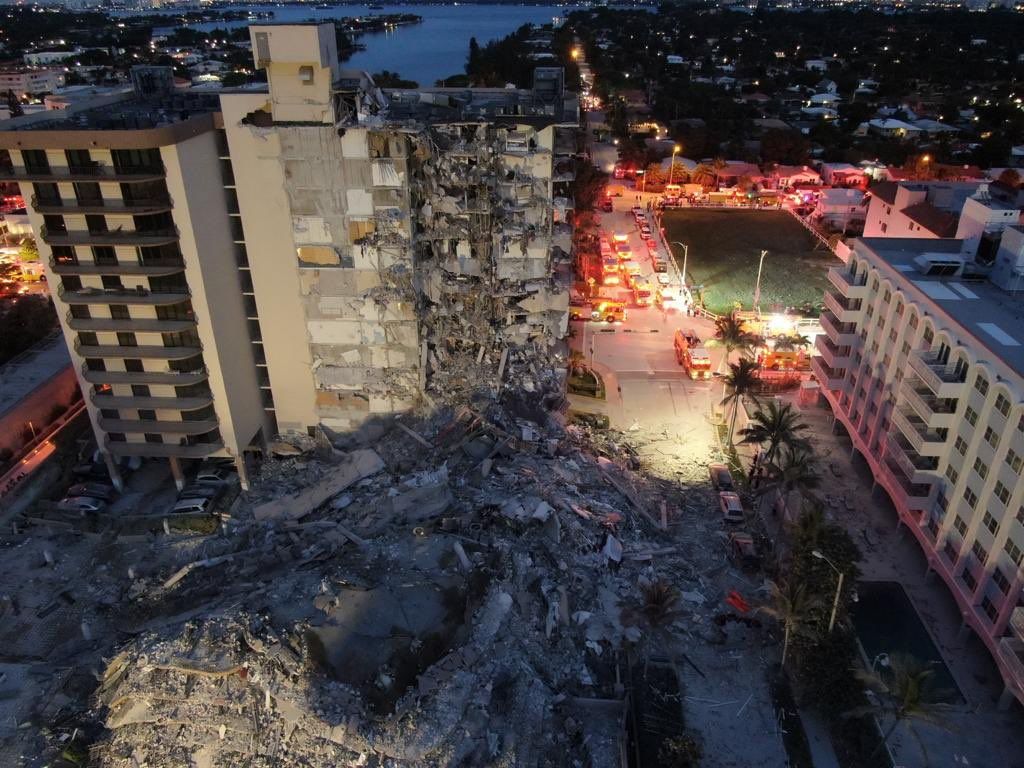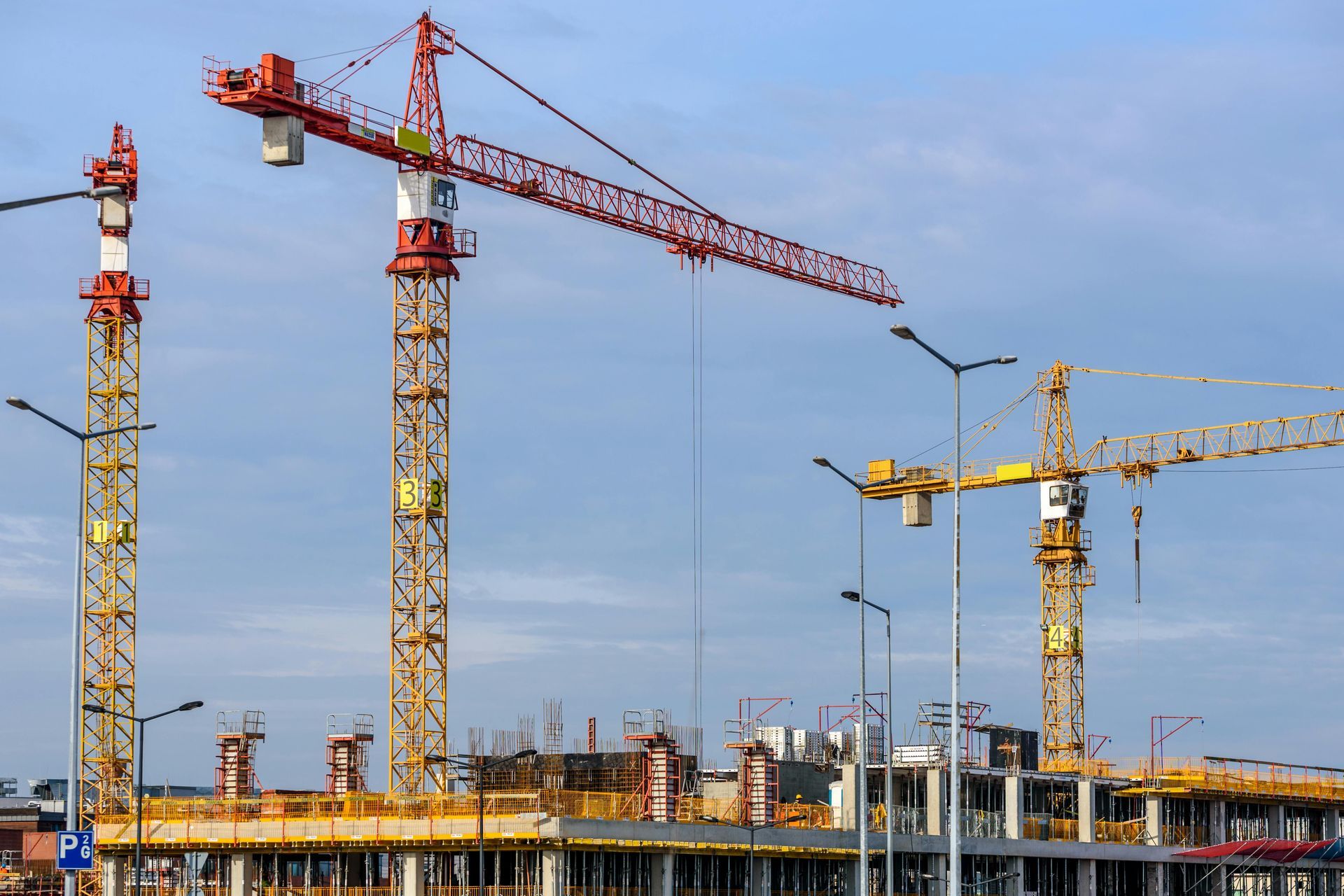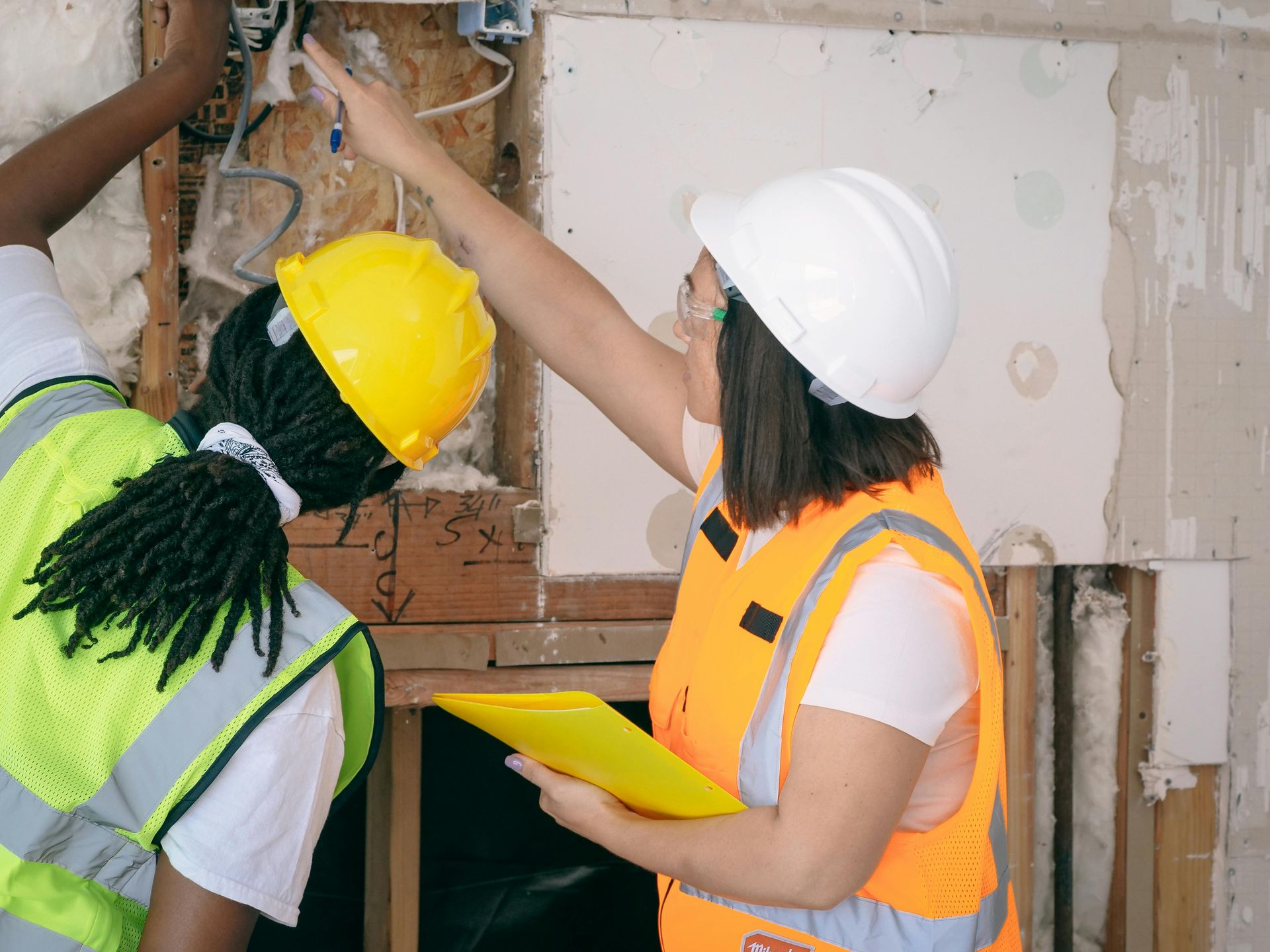How Milestone Inspections Impact Property Safety in Florida
Florida’s milestone inspections are a big deal for property owners, condo associations, and residents. They aren’t just about ticking off a legal requirement. These inspections are crucial for making sure buildings remain safe and structurally sound as they age. If you’re wondering how milestone inspections work and why they matter, this guide has you covered.
Understanding Milestone Inspections in Florida
Milestone inspections are essential to Florida’s efforts to ensure building safety and resilience. They’re not just for compliance but also for maintaining the integrity of structures in one of the most hurricane-prone regions in the country.
What Are Milestone Inspections?
Milestone inspections are state-mandated structural evaluations for buildings three stories or taller. They focus on load-bearing walls, roofs, foundations, and other critical structural elements. These inspections assess the overall condition of a building, ensuring it is safe and doesn’t pose any risks to its occupants.
The primary goals of these inspections include:
- Identifying any structural issues before they worsen.
- Keeping residents, tenants, and visitors safe.
- Ensuring compliance with Florida’s building codes.
Why Were Milestone Inspections Introduced?
Milestone inspections gained attention after the tragic collapse of the Champlain Towers in Surfside, Florida, in 2021. That incident highlighted the dangers of unchecked structural issues in older buildings.
Florida passed Senate Bill 4D in 2022 in response, mandating milestone inspections for certain buildings. This law aims to prevent future tragedies by enforcing regular checks on aging structures.
Who Needs to Comply With Milestone Inspections?

If your building meets these criteria, milestone inspections are required:
- Height: Buildings with three or more stories.
- Ownership: Condominium or cooperative associations.
Even commercial properties may need to comply if they meet height and usage standards.
Exemptions From Milestone Inspections
Some properties don’t fall under these regulations, including:
- Single-family homes.
- Duplexes (two-family dwellings).
- Buildings with three or fewer habitable stories.
Properties that are entirely industrial or storage-focused may also be exempt.
Key Elements of the Milestone Inspection Process
Understanding the inspection process is essential for preparing your building and ensuring compliance. Knowing what to expect at every stage can make the process smoother and less stressful for property owners and associations.
When Are Milestone Inspections Required?
Milestone inspections are required when buildings hit specific age thresholds:
- 30 years old: Initial inspection for most buildings.
- 25 years old: For buildings within three miles of Florida’s coastline.
After the first inspection, follow-ups are due every 10 years.
The Two Phases of Milestone Inspections
Milestone inspections occur in two phases:
- Phase One:
- A licensed architect or engineer visually examines the building’s structural components.
- If no significant structural issues are found, the process ends here.
- Phase Two:
- If Phase One identifies potential structural deterioration, more detailed testing begins.
- This could involve non-destructive tests like thermal imaging or destructive tests, such as material sampling.

Reporting and Compliance Requirements
After an inspection, the findings are compiled into a report. This report includes:
- The current structural condition of the building.
- Identified weaknesses or risks.
- Recommendations for repairs or maintenance.
Condominium or cooperative associations must distribute a summary of the report to all owners and submit it to local authorities.
The Importance of Milestone Inspections for Property Safety
The importance of milestone inspections goes beyond the legal mandate. They’re about creating safe living and working spaces for residents, tenants, and visitors. These inspections are especially critical in Florida’s harsh weather conditions, where structural wear happens faster.
Identifying Structural Weaknesses
Milestone inspections act like a doctor’s check-up for your building. They catch structural problems early, preventing small issues from becoming disasters.
Staying Ahead of Regulatory Requirements
Some common issues identified include:
- Cracks in load-bearing walls.
- Water intrusion in roofs or foundations.
- Corrosion of concrete or steel components.
Preventing Catastrophic Failures
With its high humidity, salt air, and hurricanes, Florida's environment can accelerate structural wear and tear. Regular inspections ensure that buildings withstand these challenges without risking lives.
Enhancing Resident Safety
When residents know their building is safe, they have peace of mind. Inspections also reassure potential buyers, making properties more attractive in the real estate market.
How Milestone Inspections Affect Property Owners and Associations
Milestone inspections can initially feel like a burden for property owners and associations, both financially and administratively. But they’re more than just a legal obligation. These inspections offer a valuable opportunity to prioritize safety, protect investments, and prevent small structural issues from escalating into costly emergencies. Let’s break down how these inspections impact financial responsibilities, communication requirements, and long-term planning for property owners and associations.
Financial Responsibilities for Inspections and Repairs
Condominium and cooperative associations bear the financial responsibility for scheduling and paying for milestone inspections. This includes hiring licensed engineers or architects, conducting the necessary assessments, and funding any repairs identified in the inspection report. While this might lead to increased association fees or special assessments for unit owners, these costs pale in comparison to the financial repercussions of ignoring structural issues.

Neglecting inspections or delaying repairs could result in emergency situations that require costly fixes, disrupt residents’ lives, and even invite legal liabilities. Proactive inspections not only save money in the long run but also demonstrate a commitment to building safety and compliance. Associations should communicate openly about how fees are used and involve owners in the budgeting process to foster trust and transparency.
Transparency and Communication Requirements
Transparency is a cornerstone of the milestone inspection process. Once an inspection is complete, associations are legally required to share the findings with unit owners and local authorities. This ensures that everyone is aware of the building’s condition and any recommended repairs.
Key communication practices include:
- Posting Summaries: Summaries of the inspection report must be displayed on property bulletin boards or other prominent locations within the building.
- Digital Sharing: Full reports should be shared electronically with unit owners who have provided consent for digital communication.
- Timely Updates: Associations should provide timely updates on repair timelines, costs, and progress, ensuring transparency throughout the entire process.
Clear communication helps build trust among owners, ensuring they feel informed and involved in decisions that affect their investment and living conditions.
Long-Term Maintenance Planning
One of the most significant benefits of milestone inspections is the insight they provide into a building’s future maintenance needs. Inspection reports often include detailed recommendations for addressing current issues and preventing future ones. Acting on these recommendations enables associations to create effective maintenance plans that protect both the property and the people who live or work there.
By embracing proactive maintenance, associations can:
- Budget Strategically: Plan ahead for repairs and allocate funds for recurring maintenance needs.
- Prevent Emergencies: Address minor issues before they escalate into major structural problems that require urgent attention.
- Prolong Building Lifespan: Ensure the building remains safe, functional, and attractive for years to come.
The Role of Professionals in Milestone Inspections
Milestone inspections require specialized expertise, and working with licensed architects or engineers ensures that these evaluations are thorough, accurate, and fully compliant with Florida’s laws. Only licensed professionals authorized to practice in Florida are qualified to perform these inspections, guaranteeing a reliable assessment of a building’s structural health. Experienced engineers and architects bring a more profound understanding of the process, identifying subtle issues that might go unnoticed by others.
Partnering with a trusted firm like Aurora Consulting Group can simplify the process. Aurora Consulting Group provides comprehensive structural assessments, ensuring your building meets Florida’s safety standards. Their team of licensed experts works efficiently, helping property owners stay ahead of compliance deadlines while offering peace of mind through accurate and timely inspections. They often use advanced tools like thermal imaging and ultrasonic testing to assess structural integrity without causing damage.
Challenges and Future Developments in Milestone Inspections
While the inspection process is well-defined, there are unique challenges that property owners face, especially in Florida’s coastal areas. Understanding these challenges helps property owners and associations better prepare for inspections and repairs.
Unique Challenges for Coastal Properties
Coastal buildings face more significant risks due to salt air, high humidity, and the potential for storm surges. These factors accelerate corrosion, making regular inspections even more critical for properties near the shoreline.
Upcoming Changes to Inspection Processes
By late 2024, Florida plans to standardize milestone inspections further. New guidelines will include:
- A uniform inspection report format.
- Standardized documentation requirements.
This effort aims to make the process more efficient for property owners and associations.
The Future of Building Safety Programs in Florida
As milestone inspections evolve, they will likely expand beyond three-story buildings. The focus on preventative maintenance and structural safety will set a national example for proactive building care.
Conclusion
Milestone inspections are more than just a legal requirement. They protect lives, maintain property values, and ensure Florida’s buildings can withstand the test of time and environmental stress. If you own or manage a property in Florida, taking milestone inspections seriously is crucial. Start early, partner with trusted experts such as Aurora Consulting Group, and stay proactive about repairs and maintenance. These steps will ensure compliance and create a safer, stronger future for your building and community.




